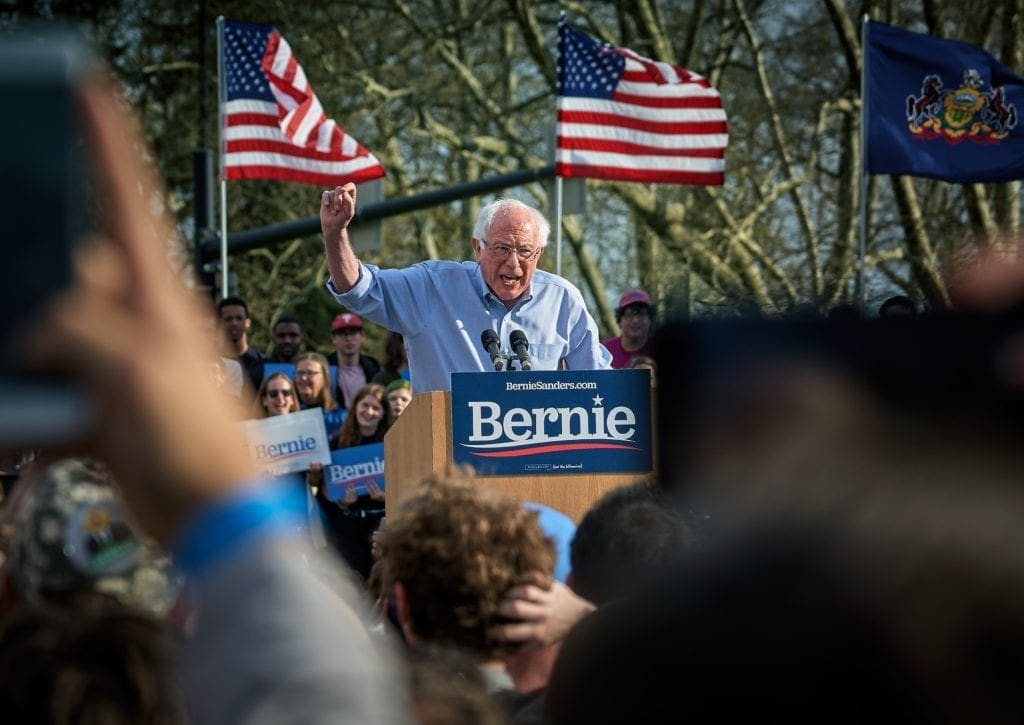Say what you want about Bernie Sanders’ economic policies, he at least gets it when it comes to certain aspects of criminal justice reform.
Sanders unveiled a plan to overhaul the U.S. criminal justice system as part of his presidential platform. In this plan, Sanders advocated for the federal legalization of marijuana and limits on civil asset forfeiture. Civil asset forfeiture and drug reform are two of the biggest issues where liberty advocates have seen some progress at the state level.

Civil asset forfeiture is a practice where law enforcement agencies take assets—anything from cash to real estate— based on allegations that a person used those assets while committing a crime. Often times due process is ignored or a conviction is not needed for these types of property seizures to take place. When direct taxation is not a politically viable means of revenue generation, asset forfeiture will do the trick. For example, law enforcement agencies seized $4.5 billion in assets in 2014, a hefty sum and an indicator of how lucrative this practice is for government entities.
Sanders’ plan would prohibit “the practice of any law enforcement agency benefiting from civil asset forfeiture.” To enforce this prohibition, a Sanders administration would restrict or completely eliminate federal criminal justice funding for any state or locality that is not in compliance.
Another major plank of Sanders’ criminal justice reforms is the federal legalization of marijuana. Despite the Democratic Party’s obsession with identity politics, nearly all the 2020 presidential candidates endorse some form of decriminalization or legalization of the drug.
On his website announcement, Sanders stated: “The disastrous policies that make up the War on Drugs have not reduced drug use and violent crime.” Instead, he suggested that “We must use effective therapeutic, not punitive, solutions to address drug addiction.” Sanders specifically called for the expungement of past marijuana convictions.
Sanders has it right on this issue. The War on Drugs has been a disaster for American citizens. Mass incarceration, civil liberties abuses, and a massive price tag of $1 trillion are just some of the many negative features of this government program. Thankfully, people are starting to wake up to the Drug War’s horrendous nature.
However, for both the federal government and law enforcement agencies nationwide, the Drug War has been a great success as political power has been greatly centralized. That means more government privileges, fatter budgets, and more leeway in making private individual’s lives miserable. For that reason, the political establishment would like this program to continue.
The Vermont Senator is on the mark here. If there is one part to criticize, it’s the section where he says that revenue from legal marijuana should be reinvested in communities hit hardest by the War on Drugs. While this is well-intentioned, these communities would benefit from more economic liberalization and measures that the get the state out of their lives.
We obviously can’t have it all, but recognizing that the state is the main culprit behind the misery of the Drug War is a good way to guide future policy decisions. Nonetheless, Sander’s plan is a good first step in acknowledging that the Drug War is bad public policy. We should be taking a more human approach to the issue of drugs in America.

























